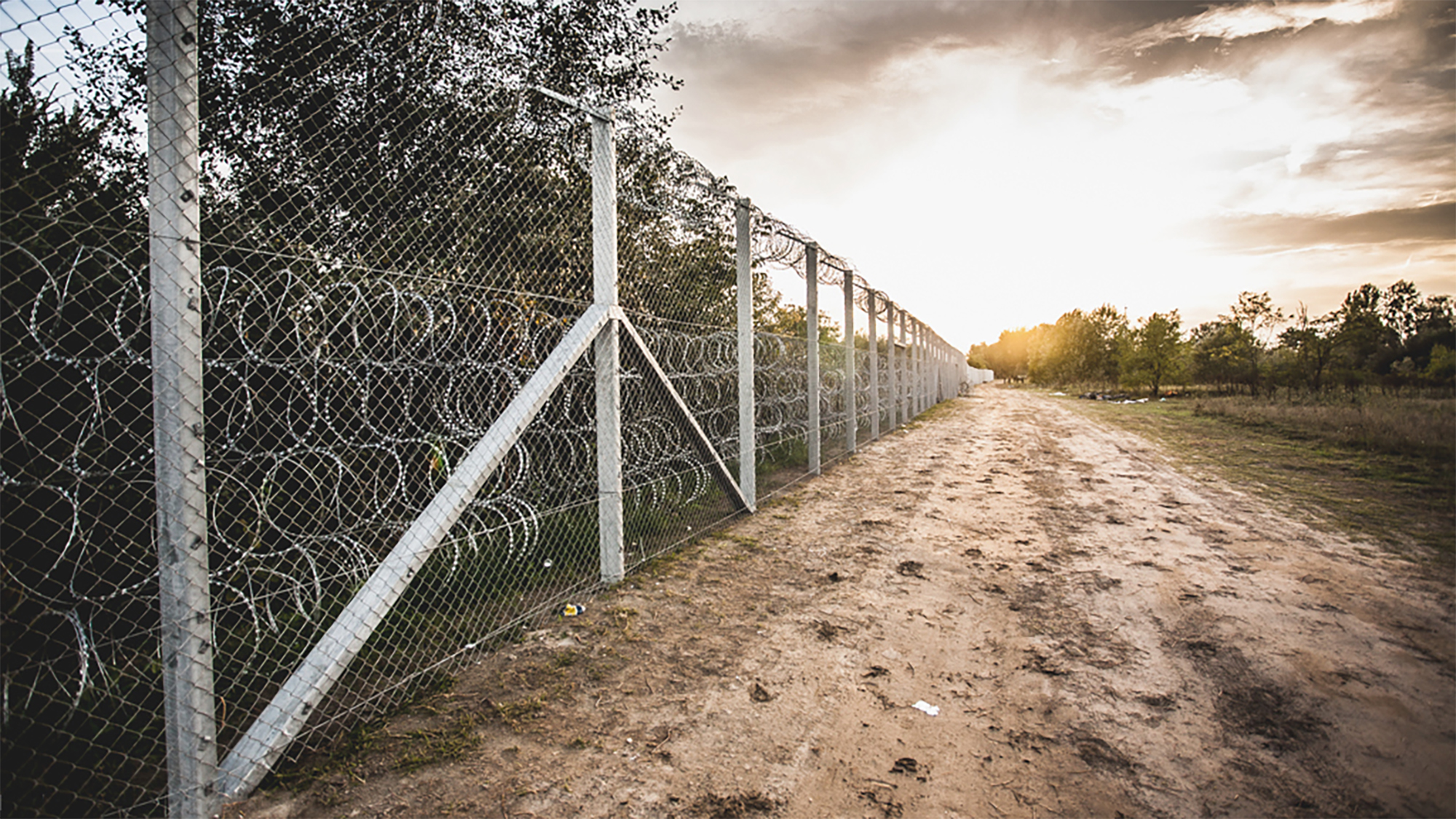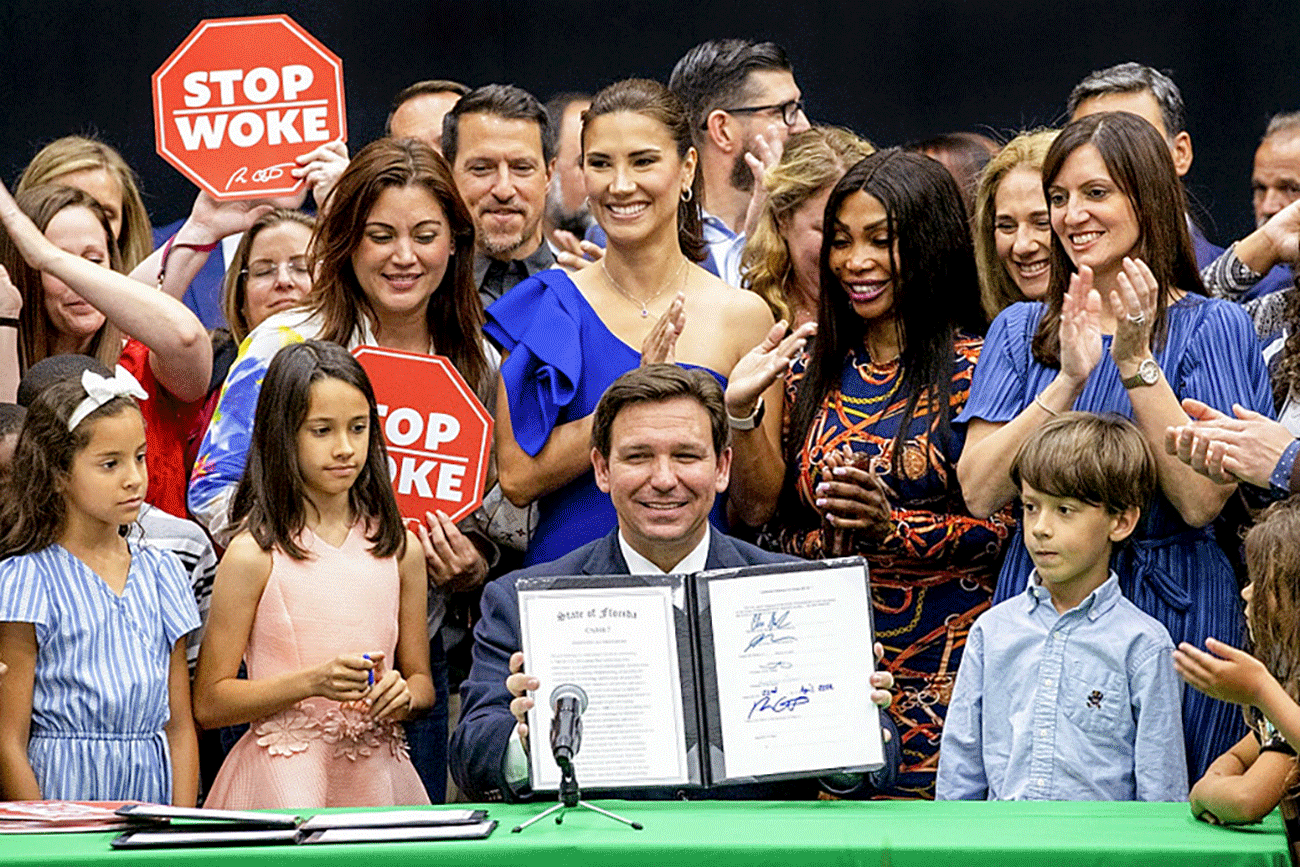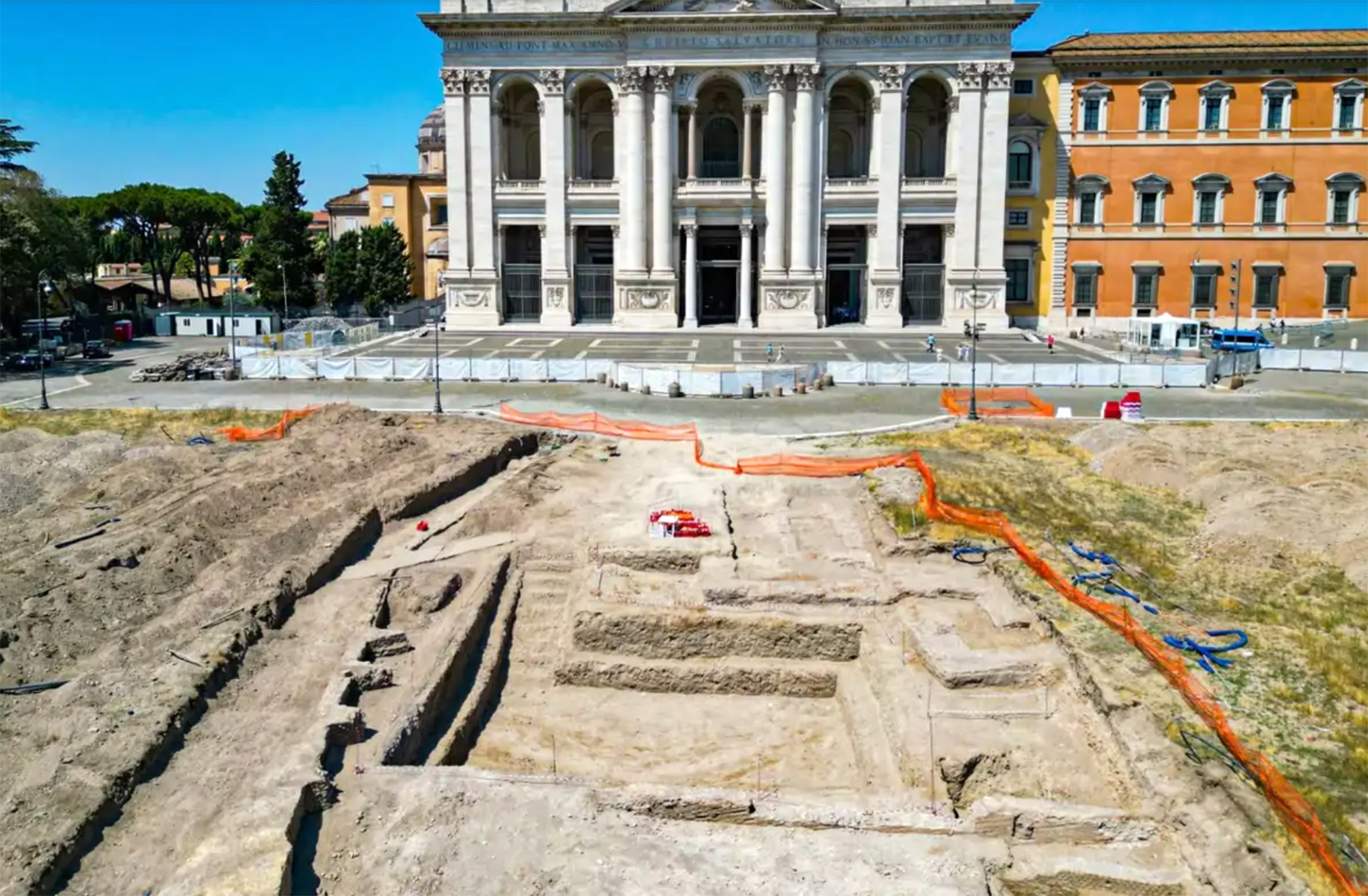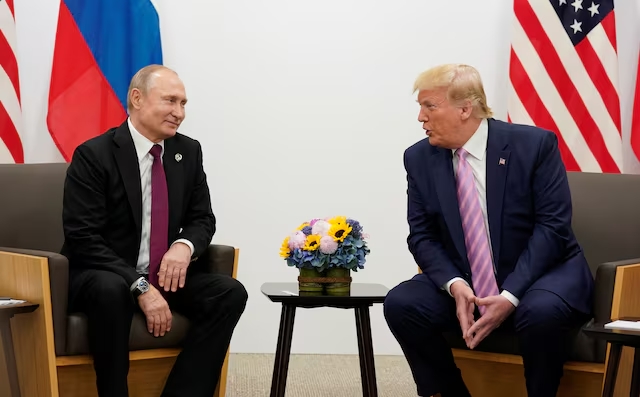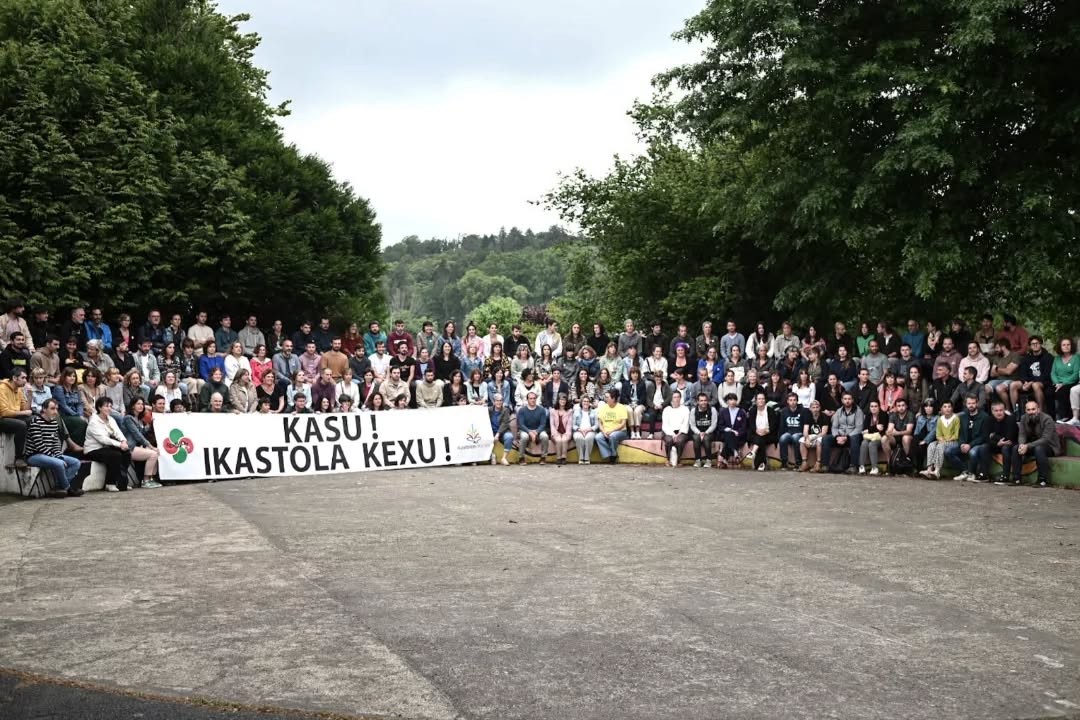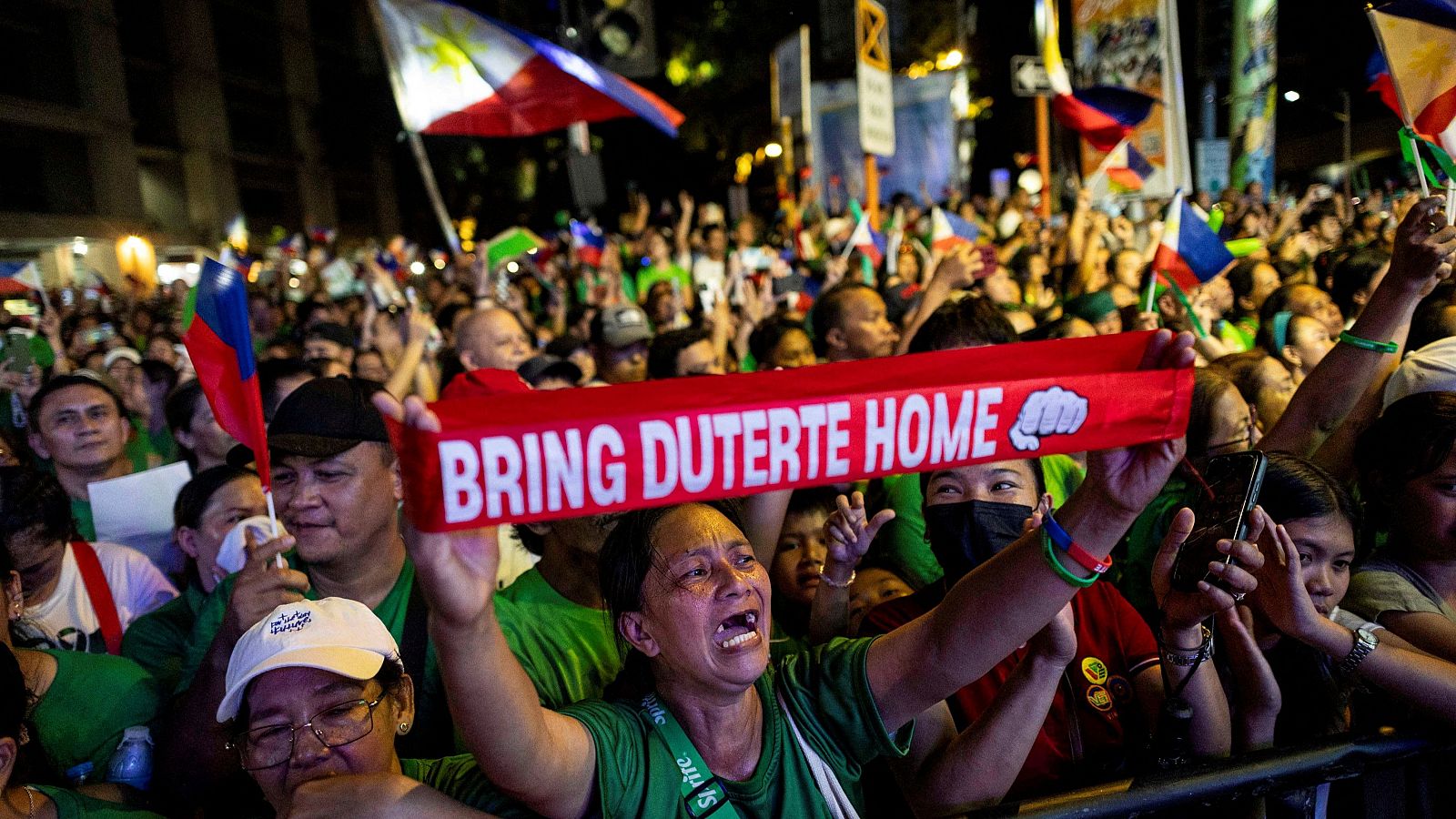Milei announces the need for "shock" in the act of inauguration
- Javier Milei takes office as president of Argentina on Sunday. In his speech he pointed out that it will be a "radical change" in the country.

Javier Milei assumes the Argentine presidency and addresses the public in his intervention in the National Congress. He notes that it will constitute a “radical change” in the economic direction of the country and reaffirms its anti-capitalist and anti-left position: “Let’s be clear, a new era begins.”
Milei stressed the need to create a “shock” in reforms to restore market confidence and attract investment: “If a country is not prestigious, entrepreneurs will not invest money until the adjustment is effective.” It also stresses the need for massive cuts and privatisations of up to 15% of the GDP announced.
The new president calls for a “radical change”. He denounces that it is the responsibility of Peronism to “leave the country on the threshold of hyperinflation” and “the poor socio-economic situation”. Milei has highlighted that they have received the “worst” economic heritage of all time: “The challenge is titanal.” However, he said that “for the first time in history” adjustment will not be adapted to the private sector but to the State.
Despite its resounding implementation of reforms, it has invited other parties in Parliament to defend their laws: “We didn’t come to chase anyone, nor to liquidate old vendettes. We do not ask for blind help, but we do not accept that the ambitious power impedes the change chosen by the Argentinians. I will tell those who want to put obstacles that we will not give in.”
International guests
During the inauguration of Milei, the President of Ukraine, Volodimir Zelenski, the King of Spain, Felipe de Borbón, the President of Vox, Santiago Abascal, the former President of Brazil, Jair Bolsonaro and the Republican Party Trumpist Deputy, María Elvira Salazar, were present.
Berria izateari utzi dio: beroketa globalak bi graduak gaindituko ditu, eta gainditze horrek ondorio oso garestiak ditu. Klimaren gaia tabu bilakatzen ari den testuinguru berri honetan, banketxe handiek ez dute horri buruz komunikatzen, baina arazoaz ongi jabetu dira eta... [+]
Wokismoari begiratu beharrean antiwokismoari so jarri gara. Antiwokistek sorturiko multzoa delako wokismoa, eta antiwokismorik ez balego ez legokeelako wokismorik. Multzo eklektiko horri begiratu, eta laster ohartzen gara eskuin muturrak hastio duen guzia barnebiltzen duela:... [+]
Pond of Venice, year 452. Prompted by the Huns' invasion, several inhabitants of the interior of the Italian peninsula took temporary refuge in the swampy area. But the Lombard invasions came in a few years, and it would become a permanent home for those immigrants. It was a... [+]
I have had days of visits, experiences and reflections. There I am, trying to make intersectionality a reality, trying to connect struggles, trying to say all the points as bertsolaris, without pounding...
From the community radio station LoRa where I work, we organized a round... [+]
During a routine excavation in the Piazza San Giovanni in Laterano in Rome, archaeologists carried out the IX-XIII. They unexpectedly found the remains of a palace dating back to the centuries. And they think it could be the residence of the popes of the time. In other words,... [+]
Between January and May 2015, after finishing my studies at the age of 25, my friend Irati Astobieta and I toured Chile, Argentina and Uruguay as part of the Calabazan Wandering Project. Using the poetic tool of whispered poetry, we gave Basque poems from mouth to ear in the... [+]











